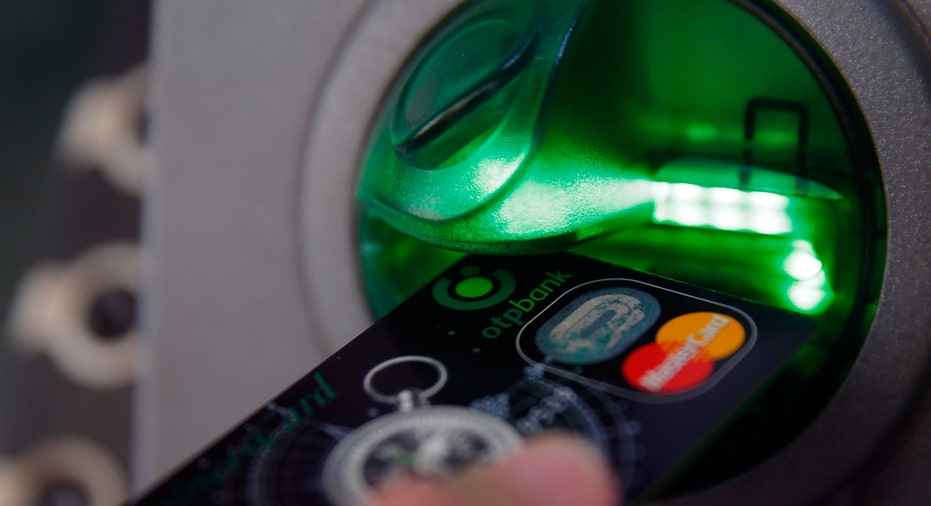Rising Interest Rates Create More Losers Than Winners

After nearly a decade, the Federal Reserve raised interest rates this week by a quarter percentage point, a move it had telegraphed for months. For traders and stock markets, the move was pretty much taken in stride since there were no surprises. But for the rest of us, the impact will be working its way into our wallets in the weeks and months to come.
Rising interest rates create more losers than winners.
You stand to lose if you have debt linked to short-term or prime interest rates. For example, people with variable rate credit cards (the vast majority of cards these days) will see their card rates go up pretty much in lock step with the Fed’s move over the next one to two billing cycles. That means an average rate will rise to about 16% from 15.77% now.
If you’re trying to manage a large sum of credit card debt, one option is to rollover your debt into one of the many zero or low interest rate cards on offer right now. That way, you can pay the debt down before the card resets to market levels.
Also in the cross hairs are people who have taken out home equity lines of credit (HELOC). These are popular products linked to short-term rates and because of that you’ll see your interest reset a quarter point higher in coming weeks. (Home equity loans, the cousins of HELOCs, don’t reset because they are fixed).
Another mortgage product that will reset are adjustable rate mortgages (ARMs). Those resets occur only a couple of times a year, typically, so if you have an ARM loan you’ll have time to consider the options. Just don’t ignore the issue because if the Fed were to start raising rates on a regular basis, you could see your monthly mortgage costs jump.
Rates on good old-fashioned 30-year fixed rate mortgages are not expected to rise. Those rates, which typically follow the U.S. 10-Year Treasury have inched higher as the economy improves. But, again, if the Fed were to go on an interest rate hike roll, well, lenders would reconsider existing rate levels.
Normally when rates rise, savers get the benefit. That’s because yields on certificates of deposit (CDs), interest bearing savings accounts and money market accounts usually go along for the ride. But Greg McBride, chief financial analyst at Bankrate.com says that won’t happen this time because lenders are eager to widen their margins. Future rate hikes could have a positive effect for savers, he says, but not quite yet.
McBride recommends that savers not lock up money now because future rate hikes could boost CD rates. He suggests shopping some of the online lenders offering attractive rates, such as Everbank, Synchrony (NYSE:SYF), GE Capital (NYSE:GE), CIT (NYSE:CIT) and Barclays (NYSE:BCS). That way, if you are saving for a long-term goal such as a down payment on a house, you’ll be able to move into higher-yielding products as the market changes.
Bottom line, the Fed is making life harder for debtors. Cutting back on debt and setting aside cash will allow you to take advantage of opportunities as the markets present them.



















